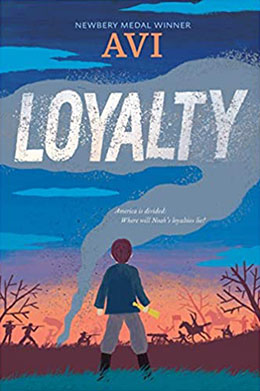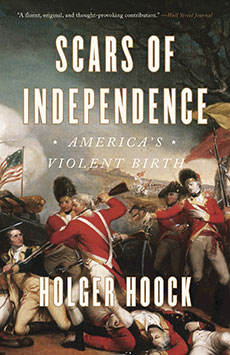All nations have creation myths. That is, the existing state shapes the origins stories of the particular country to emphasize the positive and reduce the negative as it pertains to the ruling establishment, ruling individuals, or even established governments. This is especially true of dictatorships, but it is also true—if to a far lesser degree—of democracies.
The only time I have ever learned of a state doing otherwise, was the “Truth and Reconciliation” process that South Africa went through. I hasten to say I have no way of judging its effectiveness or whether it achieved its goals.
Communist states are notorious for rewriting history. And today Russia, which, in my view, is an oligarchy, has recently, closed down the major independent organization dedicated to keeping a record of its Stalinist past.
England, in its troubled (to say the least) history of its relationship with Ireland, has, from time to time, tried to deny or suppress that history.
History gives us plenty of other examples.
And the United States of America has its own share of historical denial.
This brings me to my just-published book, Loyalty.
We don’t think (much less teach) that our War of Independence was, in many respects, a civil war. Families were split. An easy example: Benjamin Franklin’s son was a staunch Loyalist. But plenty of Colonists fought on the British side, organized into parts of the British Army. There were religious divisions as well, with the Church of England—understandably—aligning itself with the Crown, while other Protestant denominations aligned themselves against the Crown.
And what position did the fifth of the population—the enslaved peoples—take? Or the native peoples? Whose side were they on? And why?
There are a number of histories that delve into all this. The best, in my view, is Scars of Independence, by Holger Hoock. In any case, let me assure you our early history is complex and fascinating.
Which is what caught my attention and led me to the writing of Loyalty. Could I write an engaging, exciting story about a teenage boy who comes from a family of Massachusetts loyalists, suffers the consequences of that at the hands of rebels only to become caught up in the roiling buildup toward the war for independence?
What happens to him? His family? His friends? In particular, what is his relationship to a free Black person who looks at the situation in his own way?
School Library Journal, in a starred review, wrote: “A fascinating, complex and rarely seen view of the American Revolutionary War; a first purchase.”
Booklist wrote: “Avi brings readers into the story’s time and place, not sparing the realities of war, and dealing authentically with Noah’s [the book’s protagonist] emotions. Inclusive and objective. The work delivers historical food for thought and a great read.”
The New York Times: “Young readers who make it through the siege of Boston with [Noah] will be rewarded with a novel that challenges their ideas of American history and their notions of loyalty and patriotism.”
The Horn Book: “The story is spiked with lively dialogue, especially as Jolla [the other main character in the book, a free Black young man] and Noah sort out how they feel about ‘being in a place where there are all kinds of slavery.’”
Here’s hoping you give the book a read.


3 thoughts on “National histories”
I’m diving into this one for my next read. Looking forward to it.
Thank you for telling the other side of the revolution. This is definitely a book I’m going to pick up.
Oh, I can’t wait to check this out. I already have it pre-purchased on audible 🙂
It’s always interesting to learn from your historical observations. WWII. What a human catastrophe. Ishmael (Daniel Quinn’s philosophical guerilla) described it from his unique point of view: it looked like humanity’s suicide attempt.
Avi? You put it in plainer terms. Americans earned what for their suffering? The alarm clock. Say, that book of yours was just beautiful. In a seperate book, you really got the red-scare and gave it some humanity: “catch you later, traitor.” Me and my 13YO daughter loved that girl, btw.
My baby got me to watch Hamilton last weekend. The performance was mind-blowing. But truly, it was interesting to take a look at America’s first of many wars. (Sigh). I’m eager to hear what you have to say on the matter.
Avi, you are a treasure. Stay strong, we need you 🙂